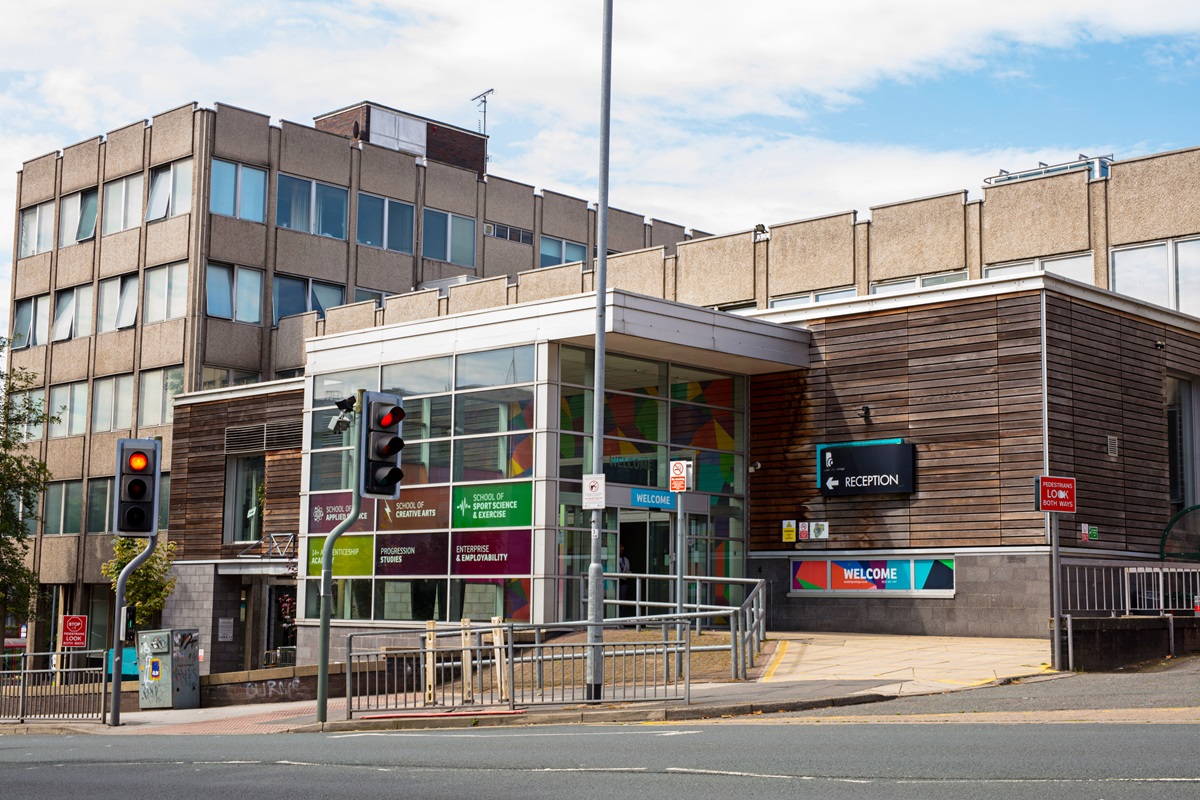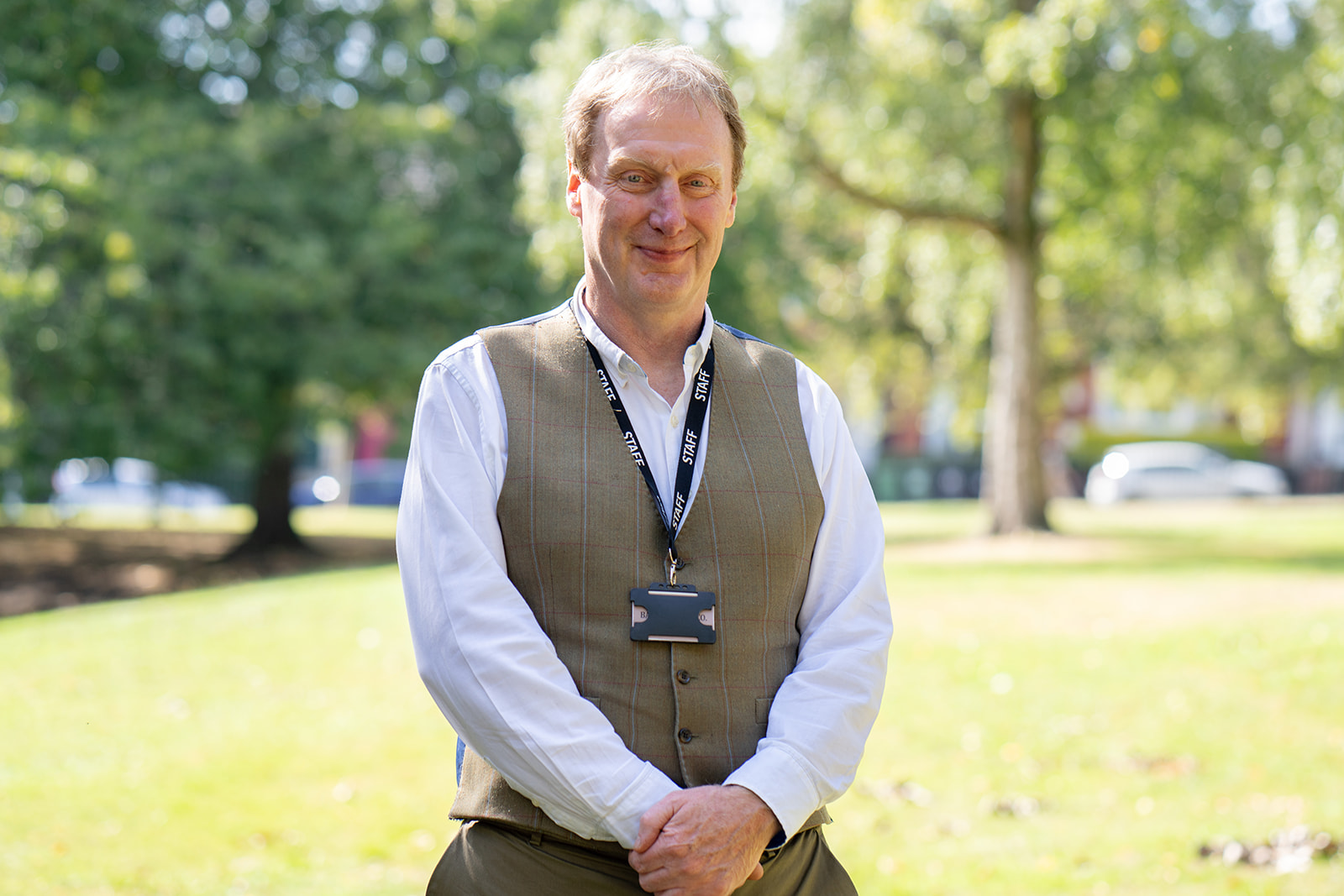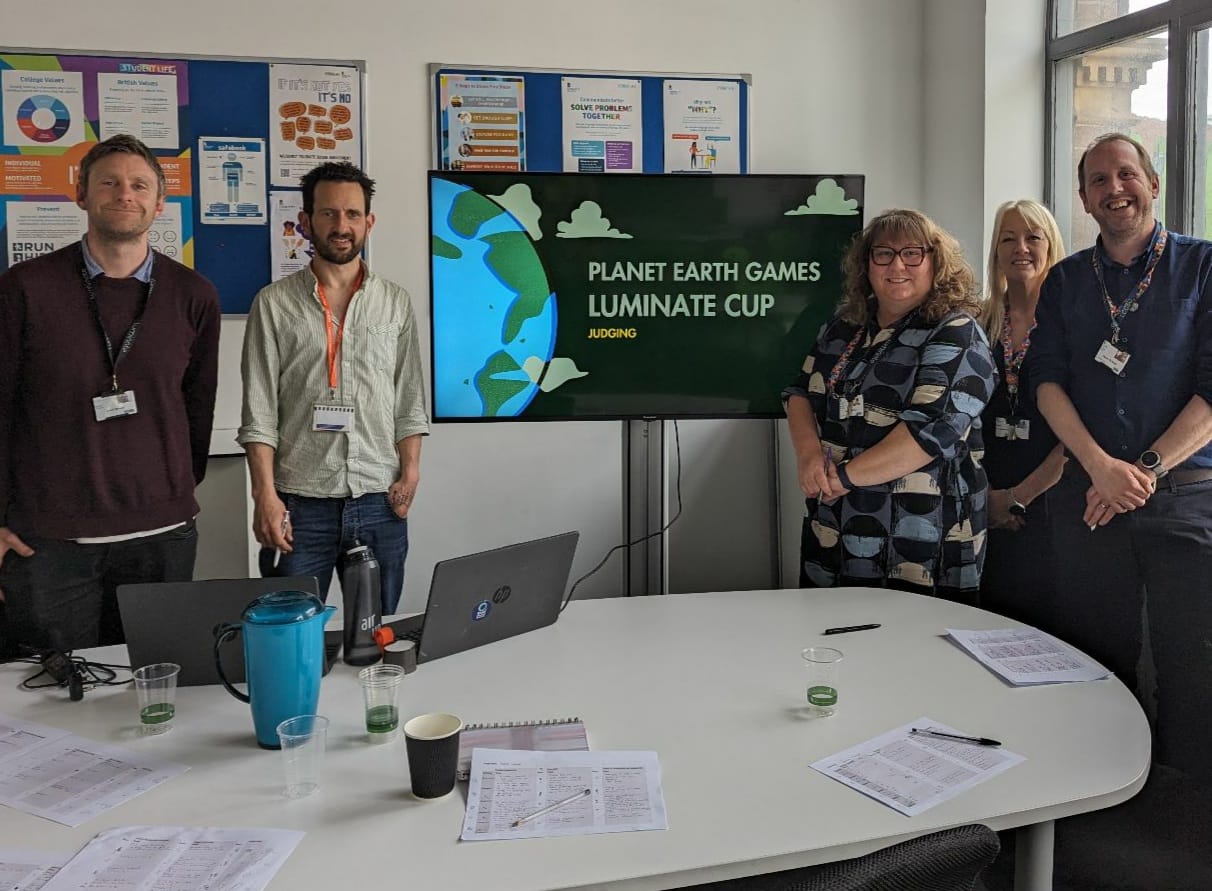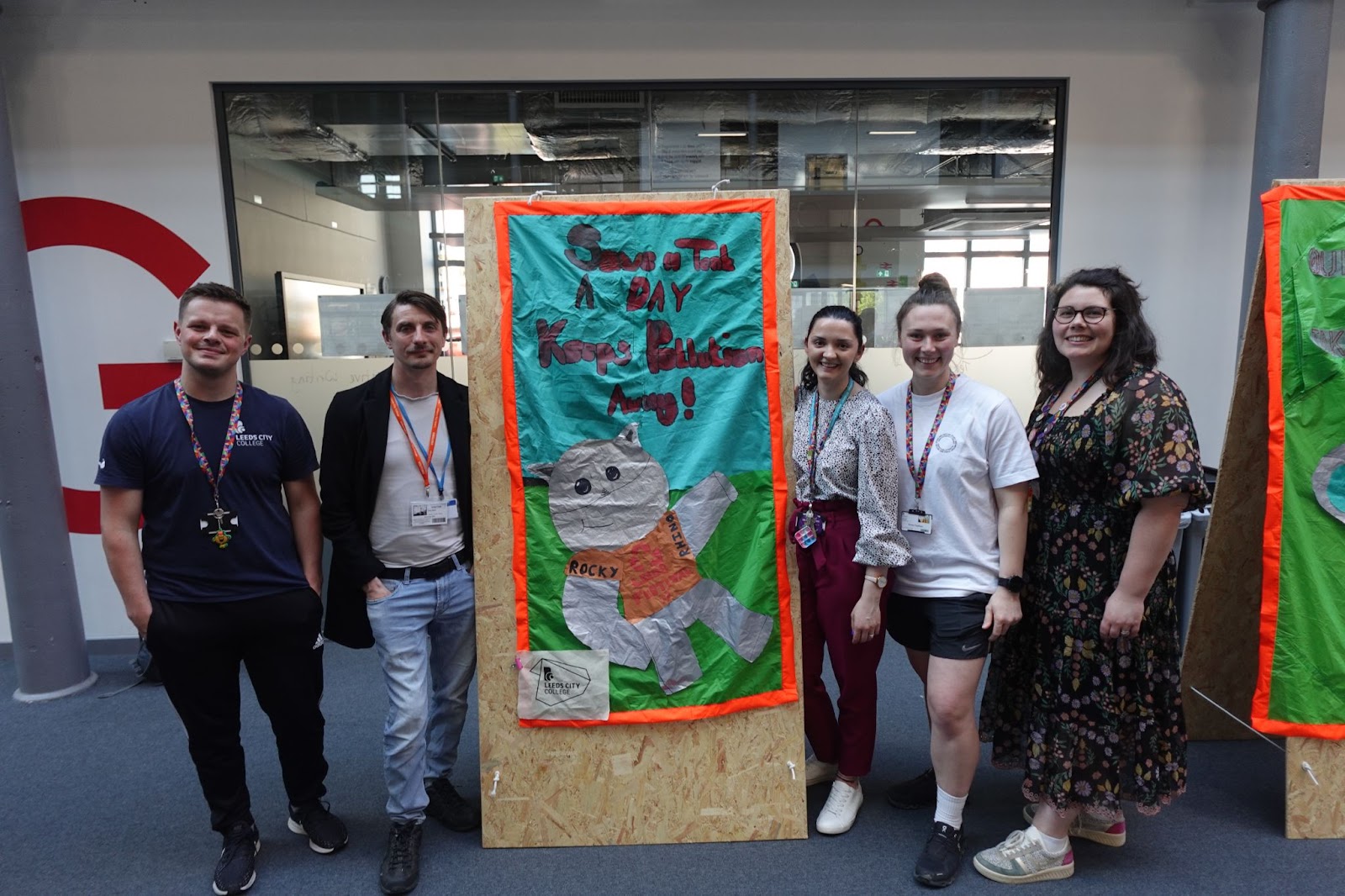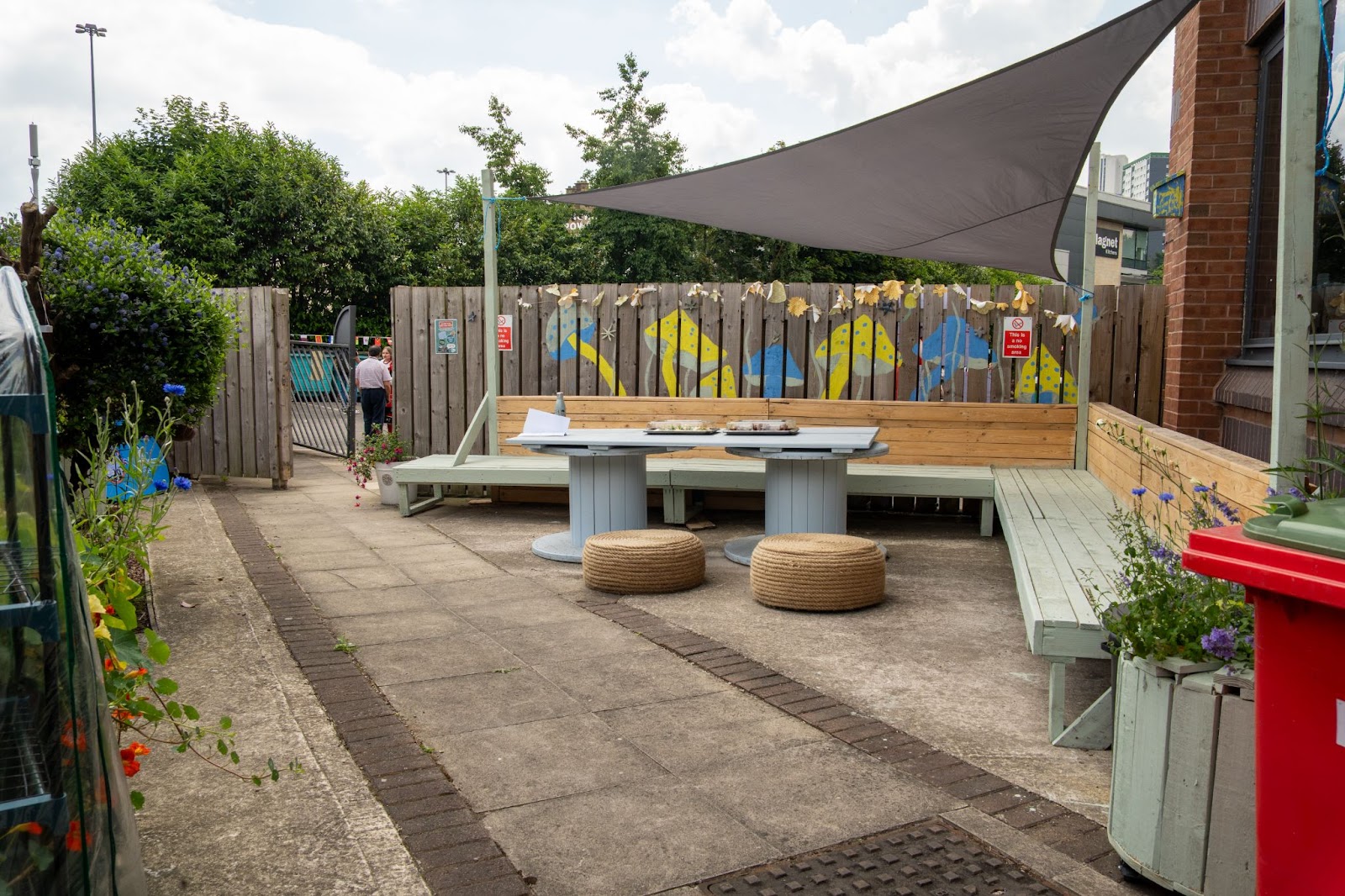
Future Culinary Stars Shine in ‘Chef of the Year’ Cook-off at Harrogate College
Harrogate College’s hospitality students played a key supporting role in a high-pressure cook-off that saw four of the town’s most promising chefs compete for the prestigious Chef of the Year title.
Part of the 2025 Harrogate Hospitality & Tourism Awards (HHTA), the event was held in the college’s professional-standard training kitchens and gave Harrogate College’s hospitality students the opportunity to support the event through logistics and food preparation.
They worked closely with the competitors – observing, assisting, and learning from the region’s culinary elite – gaining valuable insight into real world culinary environments.
The finalists were challenged to create two standout dishes – a refined amuse-bouche and an impressive main course – under the watchful eyes of industry judges and with just 90 minutes on the clock.
Adding to the challenge, the chefs had to work from a mystery box of ingredients revealed on the day, using only equipment provided on-site, with the exception of one personal item. To ensure a fair judging process, the competition was carried out blind, with dishes delivered to the judging panel anonymously.
Danny Wild, Principal of Harrogate College, said: “We were absolutely delighted to host this year’s Chef of the Year cook-off. Not only was it a fantastic showcase of local culinary talent, but it also gave our students the chance to see the very best of the industry in action – right here on campus. Supporting the next generation of chefs and helping to raise the profile of hospitality in Harrogate is something we’re very proud to be part of.”
The event, designed to shine a spotlight on the exceptional hospitality talent in the region, forms part of the lead-up to the main awards evening on Monday 2 June, where the overall winner will be announced.
Tom Gordon, MP for Harrogate and Knaresborough and an advocate for the town’s famous hospitality and tourism sector, said: “Events like these provide a brilliant way to celebrate and champion the vital role hospitality plays in our local economy. The culinary skill and creativity on show is truly inspiring, and it’s great to see Harrogate College playing a central role in nurturing future talent.”
Harrogate’s Hospitality and Tourism Awards have been running now for 17 years to celebrate the best of the best that the town has to offer. With hospitality representing a central feature within Harrogate’s economy, these awards capture the imagination of all who work directly or indirectly in hospitality and tourism, as well as many of the general public who use the many bars, restaurants, hotels, cafes and other supporting attractions.
Simon Cotton, Organiser of Harrogate Hospitality & Tourism Awards, said: “The Chef of the Year is one of the most prestigious of the 12 categories in the awards and is a very much sought-after accolade. Several years ago, with the help of Harrogate College, the competition stepped up a significant level, with the introduction of a blind cook-off in the college’s catering kitchens.
“Working with Harrogate College is an absolute pleasure and it is fantastic that their young student chefs work alongside the competitor chefs helping develop their own skills and hopefully inspiring the next generation.”
The cook-off highlighted the creativity, technical skill and passion that exist within Harrogate’s hospitality scene – offering a taste of what’s to come at the Harrogate Hospitality & Tourism Awards in June.





